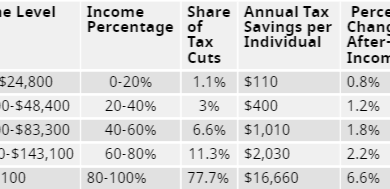Americans Outdo Brits in Post-Election Bitterness
By Isla LeMont
Staff Writer
Upon arrival in Scotland’s Edinburgh airport last Friday, it took about thirty minutes before my American accent betrayed my national origins and I was questioned about Donald Trump, usually in a form such as, “Well now Trump, I don’t understand why people hate him so much, it’s not like he’s killed people like Hillary has.”
What strikes me the most is the fact that the questioner does not seem to grasp why I or my travel companions are not eager to discuss the subject. Of the 18 people with whom I am studying abroad, not a single person supported the Trump-Pence ticket.
Recognition of the resulting negative change in attitudes in our homeland has not been easy for any of us to cope with. For some of us it’s a primary reason we decided to stay in a new country, even for a little while. Luckily we picked a culture with plenty of pubs – you know, to help ease the pain.
We quickly discovered that in the United Kingdom there is not nearly the sense of division from politics that there is in the United States. People here know only of the funny orange businessman on the TV. An overwhelming majority know nothing of the state the elections have left our country, with families and friends divided, hate crimes on the rise, increasing civil unrest, and mounting distrust in the voting system, our core of democracy. When informed, people here are completely shocked, and no doubt less impressed than ever with Americans.
This isn’t surprising given the context of the currently English political system. In September 2014, Scotland was given the opportunity by English Parliament to hold a referendum for its independence. The movement failed marginally with 55.3 percent voting against and 44.7 percent voting in favor. The stakes of the vote were in many ways more important than a mere presidential election and based off of centuries of oppression.
And yet as my stay continues, I have yet to find a citizen who harbors any bitterness with his or her neighbor about the results. According to Scottish citizen and national tour guide Nory Hope, “Of course there were disagreements leading up to the elections, but we as Scots don’t really let politics get in the way of our personal lives. No one except for a few marginal folks harbor any resentment about the vote. It was a good, clean go.”
The arguably disastrous Brexit referendum regarding the UK departure from the European Union was determined by a vote of 51.9 percent to 48.1 percent. This equally momentous vote divided people twice, both prior and immediately following elections. Five times as many “Leavers” regretted their vote as “Remainers,” with a resulting one in ten Leavers regretting their decision because according to The Economist, they “didn’t expect their side to win.”
In addition, the regret most identifiably comes from voters making decisions based on common thought, and having “had enough of the experts” who tried to convince them that leaving was a bad idea. And yet only months later, Britain together and ready to move forward.
So what makes the people of the UK able to bounce back so quickly, even from the messiest of political affairs? It could be the centuries-long history of political strife, or maybe that their more socialist leaning government system creates a community-oriented mindset. In any case, of the last round of elections or the resulting civil and political fall-out has you fed up, you can come join me and the lovely people of Scotland. We’ll have a pint waiting for you.


